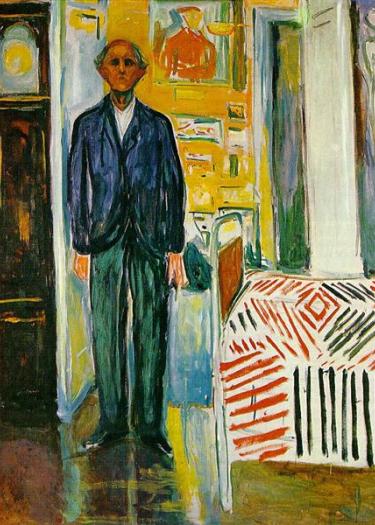Time is Money and Work is Worship: A Case from 20th Century North India
- Date in the past
- Wednesday, 6. November 2024, 16:15 - 17:45
- SAI, Building 4130, Room 130.00.03
- Srajit M. Kumar - Heidelberg University
Clocks occupy an undisputed space in our world: from global logistics to how we brush our teeth, everything is timed by the clock. Conventional histories have explained this omnipresence through a narrative of the clock conquering the world as the handmaiden of capitalism over three centuries. However, a growing body of literature from the global South suggests that working classes throughout the world resisted the tyranny of the clock, sometimes even turning it into an instrument of negotiation and resistance.
Focusing on how the labouring poor in 20th century agrarian North India experienced, negotiated and refashioned time as they migrated to the industrial city of Kanpur, the present research examines how time was conceived by the working classes and how it impacted their politics.

Address
SAI, Building 4130, Room 130.00.03
Event Type
Colloquium